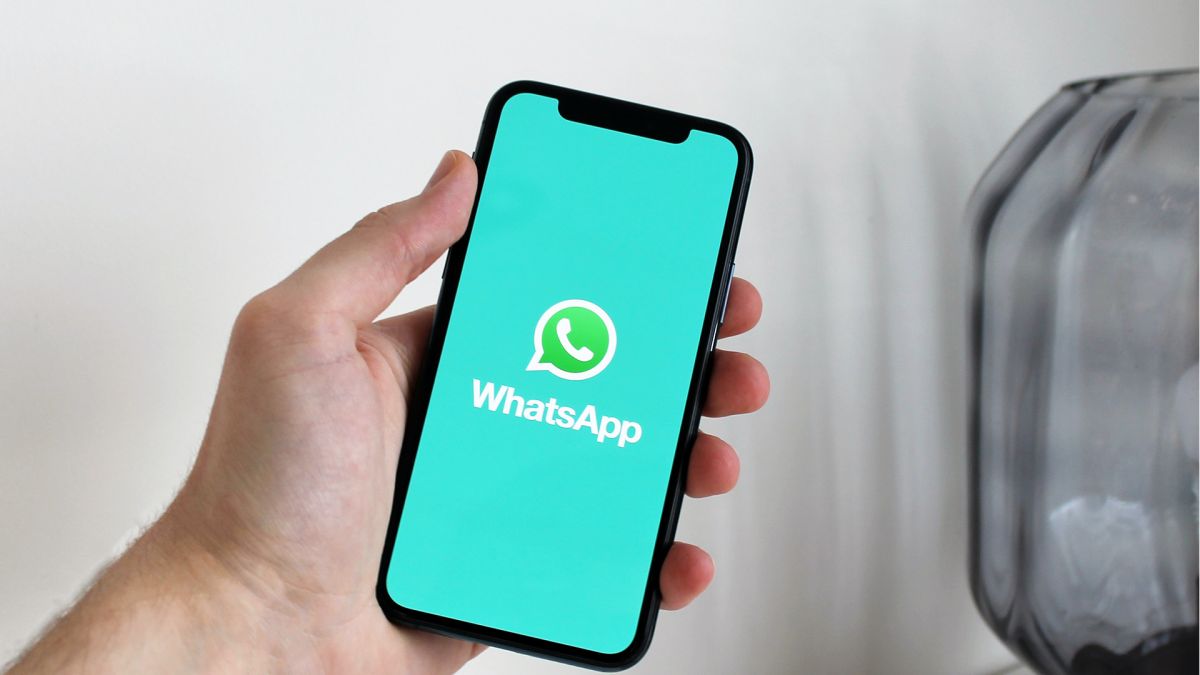
WhatsApp has penned an open letter (opens in new tab) urging the UK authorities to rethink elements of its new On-line Security Invoice (OSB).
The controversial proposals are thought by many, together with WhatsApp, to hazard on-line privateness by compromising the effectiveness of end-to-end encryption.
The favored messaging app, which makes use of end-to-end encryption, believes the invoice will result in the “mass surveillance” of its customers content material in a misguided effort to fight the unfold of on-line little one abuse.
Baby security and privateness
The open letter has a number of signatories from different encrypted messaging companies, together with Session, Sign, Aspect, Threema, Viber and Wire, calling on the federal government to “urgently rethink” the brand new legislation. Particularly, the half that we let regulators within the nation ask messaging service suppliers to observe customers to take away little one abuse content material.
The federal government, alternatively, says that on-line privateness and little one security needn’t be mutually unique. A authorities official stated that “We assist sturdy encryption, however this can’t come at the price of public security.”
They went additional to assert that expertise companies have a “ethical obligation” to make sure they don’t let little one abuse content material go unnoticed, with the official saying that this content material is at “unprecedented ranges” on messaging platforms comparable to WhatsApp.
In addition they assured corporations and the general public that the invoice “on no account represents a ban on end-to-end encryption, nor will it require companies to weaken encryption.”
The open letter from the messaging companies, nonetheless, believes it’s going to render the aim of end-to-end encryption – which ensures that solely the sender and receiver of messages can view their contents, prohibiting even the poatform supplier itself from with the ability to entry them – ineffective.
“Weakening encryption, undermining privateness and introducing the mass surveillance of individuals’s personal communications shouldn’t be the best way ahead,” it argues, including that it “opens the door to routine, basic and indiscriminate surveillance of non-public messages.”
WhatsApp believes that one other consequence of the invoice, if handed, is that it’d find yourself “emboldening hostile governments who could search to draft copycat legal guidelines” in an effort to additional undermine the freedoms of their very own residents.
“Proponents say that they admire the significance of encryption and privateness whereas additionally claiming that it is doable to surveil everybody’s messages with out undermining end-to-end encryption,” the letter says. “The reality is that this isn’t doable”.
